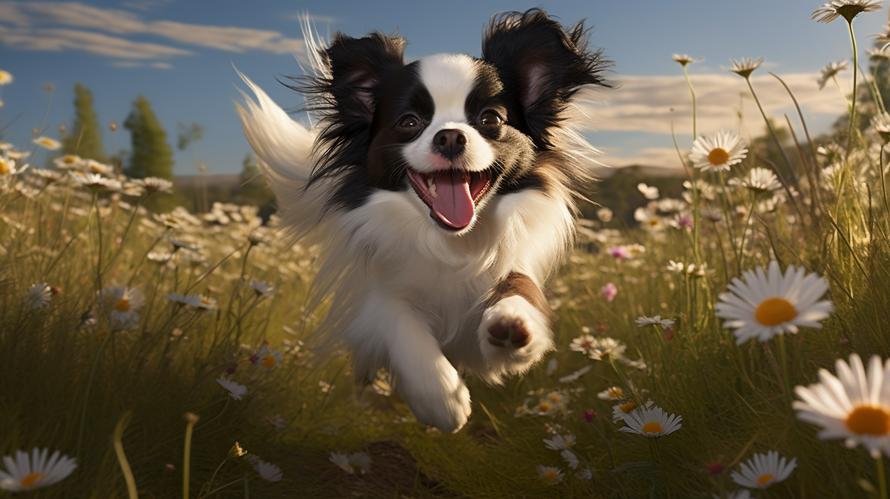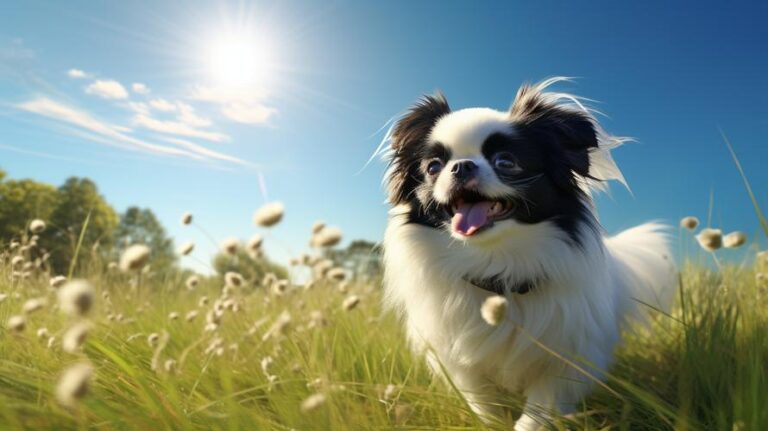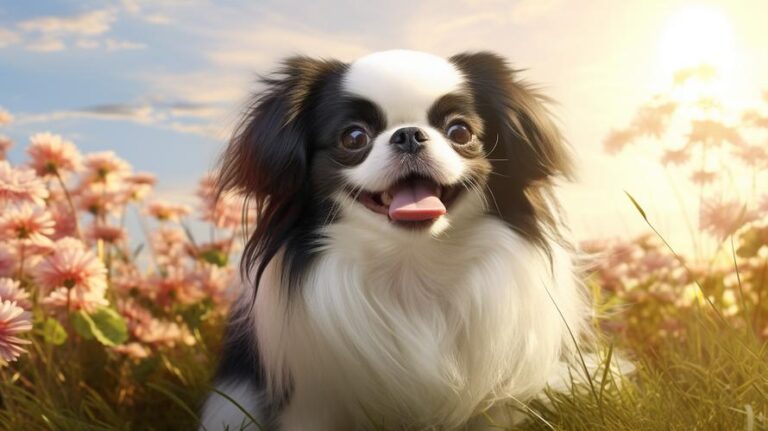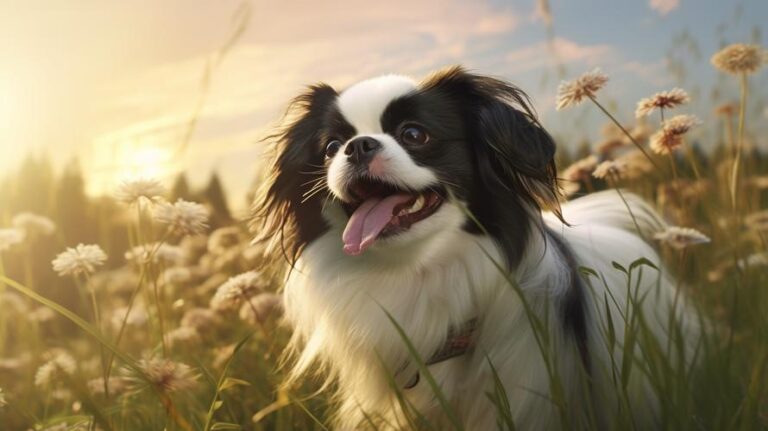Picture this: your beloved pet Japanese Chin, wagging its tail expectantly as you prepare its dinner. You tilt the bag of dog food, dry kernels tumbling into the shiny metal bowl. But as you reach for the bag to put it away, you notice three words you hadn’t seen before: “Contains: Whole Grains”. You suddenly recall something you read online about grain-free diets for dogs, and you find yourself wondering: is this extra grain actually good for my pet, or should I consider switching diets?
Allow me to clarify some facts on this grainy situation, and help you make the best dietary choices for your furry friend.
First, let’s delve into some background. To understand the impact diets have on dogs, it’s crucial to comprehend their anatomy. Dogs are omnivores, not carnivores like their close relative, the wolf. This means they thrive on a diverse diet that includes both meat and plant-based foods. Grains are one kind of plant-based food that canines have been enjoying, and benefitting from, for thousands of years.
Grains are rich in essential nutrients like proteins, fiber, and vitamins. These promote healthy bodily functions, including digestion and hormone regulation. This means a grain-rich diet could potentially keep your Japanese Chin in splendid health. However, as with all things, moderation is key. Filling up your pet with too much grain can lead to weight gain and other health issues.
Now, you’ve likely heard bits and bobs about grain-free diets, as they are the current trend in the pet food industry. These diets claim to be closer to a dog’s natural, ancestral diet, implying they are healthier. However, research suggests that grain-free isn’t necessarily superior. In fact, the FDA reported numerous cases of dogs developing heart disease after switching to grain-free diets.
So, what does this mean for your Japanese Chin?
Many experts believe that breed-specific dietary needs are mostly a myth. While breeds vary in size, metabolism, and energy levels, their fundamental nutritional needs are similar. That said, it’s crucial to keep your pet’s size and lifestyle in mind when choosing their diet. A small, relatively inactive breed like the Japanese Chin might struggle to maintain a healthy weight on a high-grain diet.
Furthermore, while it’s rare, some dogs might develop grain allergies or intolerances, leading to itchy skin, digestive problems, and other symptoms. If your pet shows such signs after eating grains, consult your vet before making any dietary shifts.
Remember that the grain-free trend isn’t inherently harmful. In fact, for some dogs, it could be beneficial. But, it isn’t a one-size-fits-all solution. What’s more important is to ensure a balanced diet that meets the nutritional needs of your specific pet.
If you opt for a pet food with grains, select high-quality whole grains like brown rice or oatmeal instead of low-grade fillers like corn. If you choose grain-free, ensure that the diet still provides all essential nutrients, like proteins, fiber, and carbohydrates.
In conclusion, whether or not your Japanese Chin should eat grain-free is a nuanced question. The answer depends on your pet’s health, lifestyle, and personal tolerance to grains. It’s essential to consult your vet before making any drastic dietary changes, but remember: your pet’s diet should be as diverse and balanced as possible, comprising all essential nutrients, whether grains are on the menu or not.
So, next time you reach for that bag of dog food, you’ll do so armed with the knowledge to make an informed decision. After all, your beloved Japanese Chin deserves nothing but the best. And you, in turn, deserve the joy and companionship that a healthy, happy pet brings.



